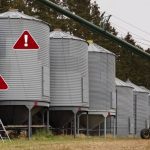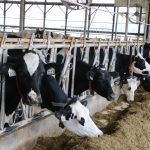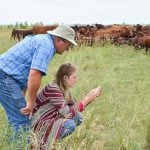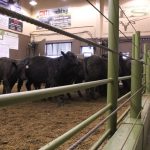Sid Tams of Taber, Alta., figures water quality in southern Alberta is a billion-dollar issue.
Water is the economic lifeblood in this town in the heart of southern Alberta’s agricultural irrigation region.
Tams said he worries that deteriorating water quality could threaten the future of agriculture in general as well as that of his hometown.
He and partner John Ohler own a new housing development in Taber, where water quality became an issue within a scenic catchment pond. They treated algal bloom with copper sulfate but weren’t satisfied with the results.
Read Also
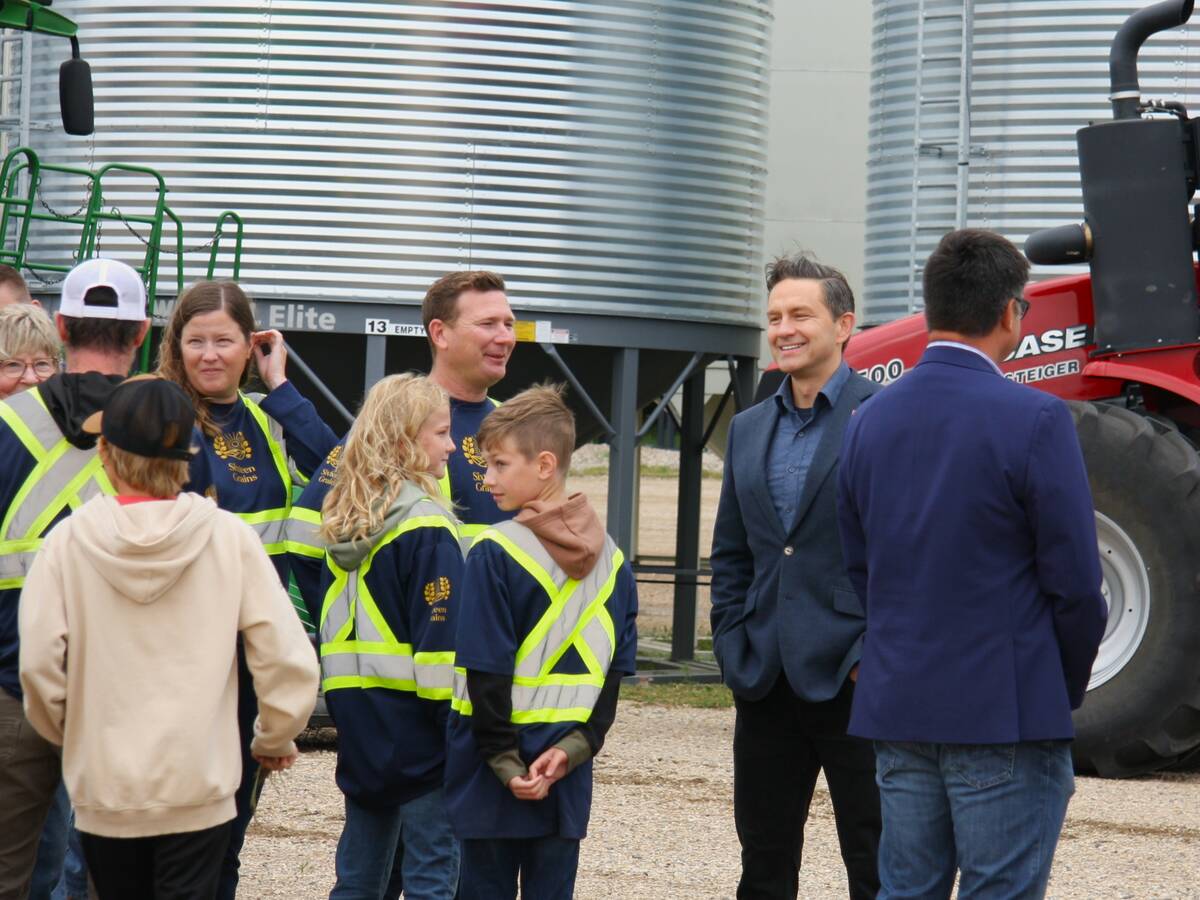
Poilievre promises EV action and calls for canola compensation
Conservative leader Pierre Poilievre promises EV action and calls for canola compensation
“It’s a living body of water that’s attached from the irrigation system to the river,” said Tams.
The partners didn’t like the idea of chemical solutions that would affect downstream water quality and users.
They sought alternatives.
On Sept. 5, they watched as students from Taber Christian School helped prepare and launch several floating islands in the pond.
The Biohaven units came from Vita Water Technologies of Lethbridge, and managing director Erik Vandist worked with students to establish a science project that will involve periodic water testing to gauge the islands’ effectiveness in improving water quality.
“I think every school kid in Alberta should do it, or Western Canada or North America, where instead of complaining about the environment, you go out there and learn what’s going on with our water,” Tams said as he watched students prepare the islands.
“This is the future of storm water. You can’t just run it into the river.”
Cory Armfelt, Taber’s director of planning and economic development who also watched the launch, said the town supports the concept of a floating laboratory for students.
“It seems more holistic to treat water like this,” said Armfelt.
The addition of islands to other ponds in the town will depend on results from this experiment.









